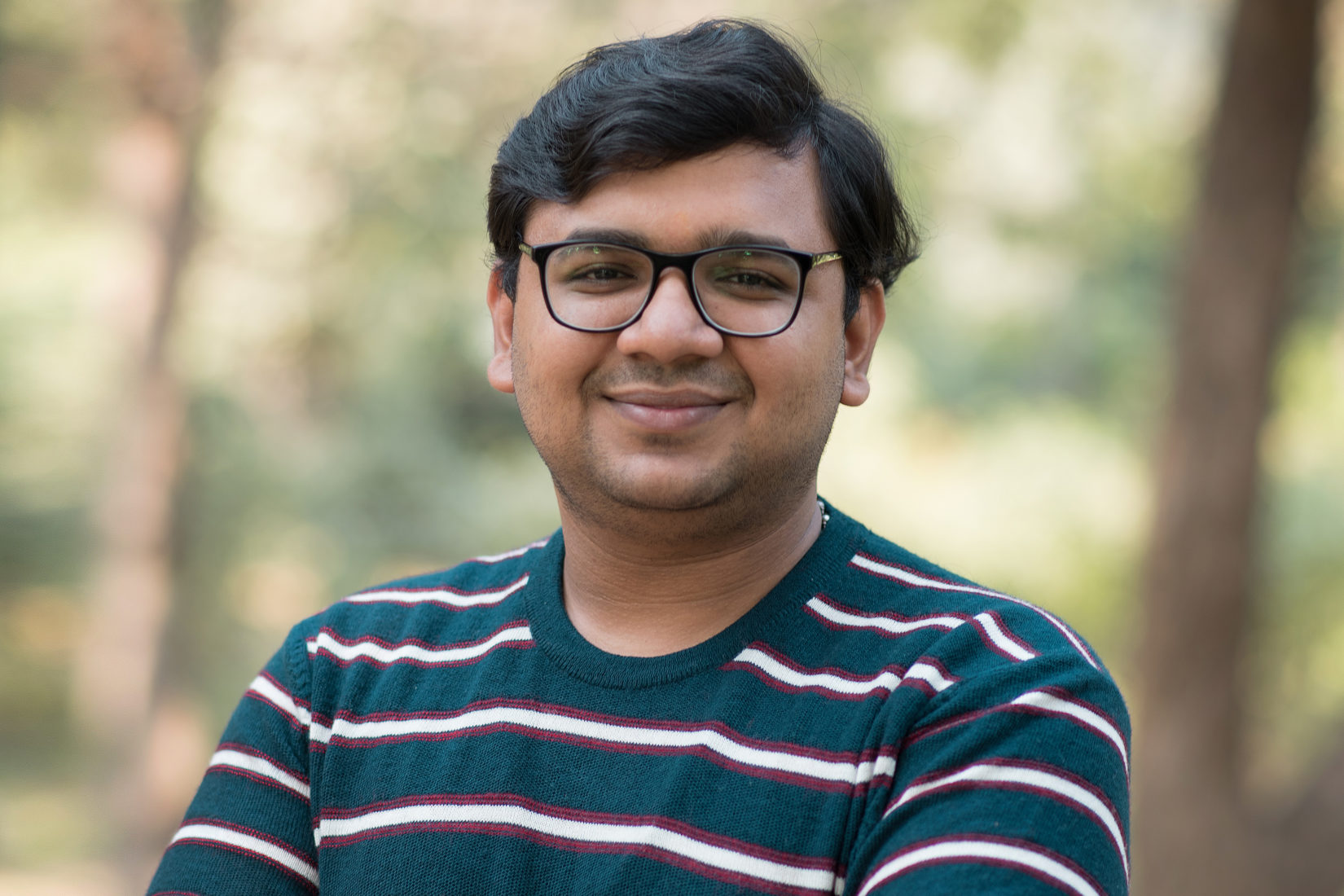Harshit Gupta started the youth-led initiative “Womenite” while pursuing an education in engineering at Delhi University. After graduation he tried his hand at a corporate IT job but soon realised that his heart was not in it. “Womenite” was where he wanted to be, full time if possible.
At a recent campaign that resulted in 200,000 sanitary pads being distributed, he helped hand out the pads himself. Hands-on is the only way he can see the effect. He also thinks that his role at “Womenite” helped him get accepted to the “Young Connectors of the Future 2018” (YCF) programme arranged by the Swedish Institute.
– Because it’s a Swedish programme, and Sweden is way ahead in terms of gender equality and obviously prioritises it. I don’t think founding a women’s organisation hurt my chances. Either way, I see it as a great privilege to have been admitted to the YCF.
Harshit appreciated a lot of the components of the programme, such as learning about design thinking, and capacity building, as well as learning new tools and techniques.
– I’ve been to a lot of other programmes but YCF was completely different from all of them. Just the fact that we got to see Sweden was fantastic. The initial focus was to build a bond among ourselves. None of the other programmes had this. YCF was so much more than attending lectures and learning facts.
Harshit explains what he thinks made the difference.
– Both during classes and in our free time, we were encouraged to get closer as a group. They divided us into smaller cohorts which was really good. It made our interactions better and more intimate. We had plenty of time to talk among ourselves and really get to know each other. This added a lot of value to the type of knowledge we were expecting.
These turned out to be bonds that would last. Harshit has stayed in contact with the SI Alumni Network.
– There’s great trust within the network, and that’s why we stay in touch and exchange ideas and collaboration opportunities. I’ve used the network myself, especially for specific campaigns that we are planning at “Womenite”.
Harshit has had use of sessions and lectures about leadership and other things, and he is able to use it in his work at “Womenite”. He especially remembers a lecture on the different traits of a leader that took up the importance of actively listening to those around you. These classroom lectures were then amplified by experiences.
– We visited a café that was run by blind people. Everything inside was completely dark so no one could see. It made us have to put ourselves in their situation. I learned to stop and reflect. And to listen in to what people need. So, this has changed how we do things at “Womenite”. Now we ask the women and girls what they think and what they need. We used to assume a lot.
For the future, he hopes he will continue and that “Womenite” will grow.
– There’s a lot to do. I would like to expand to be able to reach as many people as possible. To reduce the number of sexual abuse cases in India.
Find out more what SI alumni are doing worldwide and get in touch with a local network.
For more information about SI leadership programmes.
Note: Young Connectors of the Future (YCF) was a leadership programme conducted by SI during 2013-2018 involving young leaders from the civil society working with human rights, democracy and sustainable development. 2019 SI Leader Lab was launched, a new leadership programme for young civil society leaders from South Asia, the Middle East and Northern Africa working for a gender equal world.
